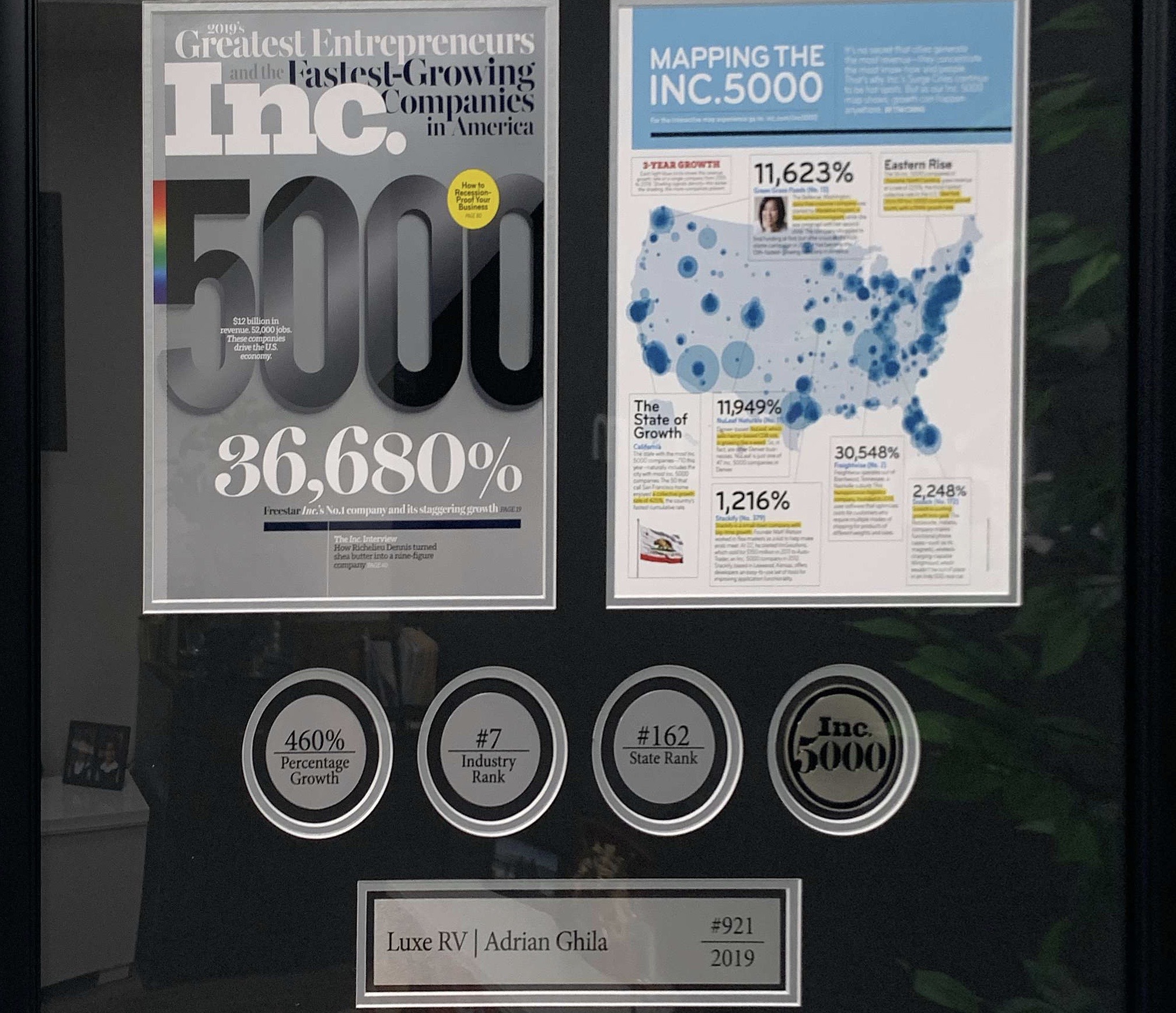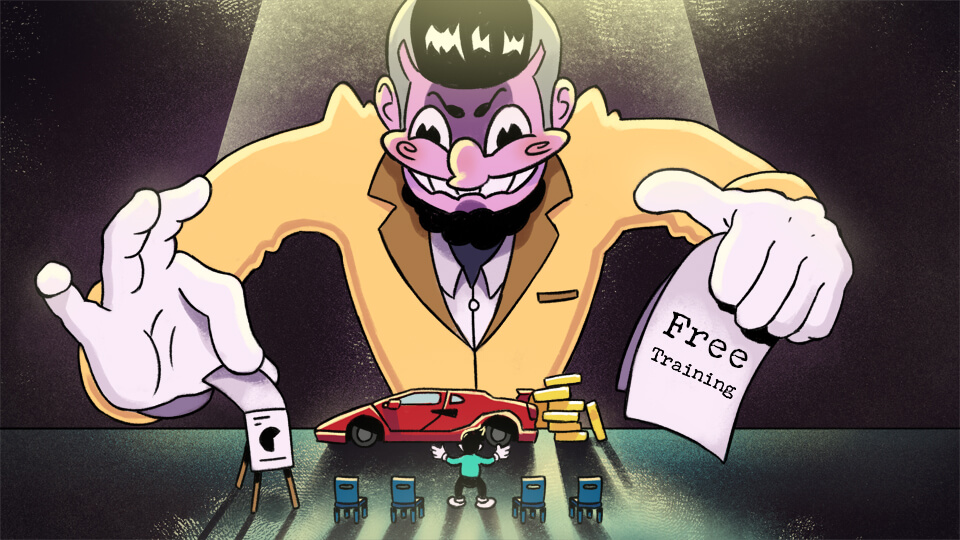I believe what makes a company truly great is profitability.
In my opinion, many companies these days are focusing too much on having a friendly culture, appealing to sponsors and essentially the “politics” behind the business and venture capitalism. Many companies have lost sight of the ultimate goal of being profitable, first and foremost, and that means hitting those large sales numbers. This is the key differentiating factor that my businesses bring to the market.
Many potentially good companies are focused on culture, customer service, fancy marketing ads and so on and are misallocating their overhead to resources that deter from their bottom line. I believe that is why these companies never reach their full potential and end up simply average or bankrupt. The bottom line should always be the most important factor in company management. After this is satisfied, then you can budget or delegate capital toward office designs, culture and other conveniences.
A company can have the most innovative and great product around, but if it isn’t able to make the business profitable to distribute this product, the company will die. This means all of the employees will end up without jobs, regardless of how positive and fruitful their company culture was or how cutting-edge their product was.
One example of such a case would be Myspace, the revolutionary social media platform that took over the early to mid-2000s. The company had created a culture of its own, from being an outlet for many students all over the world to connect to being a harbor for many bands to showcase their music. Almost anyone who’s been alive since then knows what happened next. A company by the name of Facebook came along around the same time, run by now-billionaire Mark Zuckerberg.
Zuckerberg took the idea and made it profitable. He took it from being just a “space” for friends to chat and created a universe in which advertisements can endlessly target almost every single person who has a connection to the internet. The end result was billions of dollars generated on an endless loop for advertisers and Facebook, while also popularizing an incredibly useful product that just about everyone uses now. Instagram took the same approach even further with making an existing product even more profitable and had tremendous success.
I believe what makes a company truly great is profitability.
In my opinion, many companies these days are focusing too much on having a friendly culture, appealing to sponsors and essentially the “politics” behind the business and venture capitalism. Many companies have lost sight of the ultimate goal of being profitable, first and foremost, and that means hitting those large sales numbers. This is the key differentiating factor that my businesses bring to the market.
Many potentially good companies are focused on culture, customer service, fancy marketing ads and so on and are misallocating their overhead to resources that deter from their bottom line. I believe that is why these companies never reach their full potential and end up simply average or bankrupt. The bottom line should always be the most important factor in company management. After this is satisfied, then you can budget or delegate capital toward office designs, culture and other conveniences.
A company can have the most innovative and great product around, but if it isn’t able to make the business profitable to distribute this product, the company will die. This means all of the employees will end up without jobs, regardless of how positive and fruitful their company culture was or how cutting-edge their product was.
One example of such a case would be Myspace, the revolutionary social media platform that took over the early to mid-2000s. The company had created a culture of its own, from being an outlet for many students all over the world to connect to being a harbor for many bands to showcase their music. Almost anyone who’s been alive since then knows what happened next. A company by the name of Facebook came along around the same time, run by now-billionaire Mark Zuckerberg.
Zuckerberg took the idea and made it profitable. He took it from being just a “space” for friends to chat and created a universe in which advertisements can endlessly target almost every single person who has a connection to the internet. The end result was billions of dollars generated on an endless loop for advertisers and Facebook, while also popularizing an incredibly useful product that just about everyone uses now. Instagram took the same approach even further with making an existing product even more profitable and had tremendous success.




